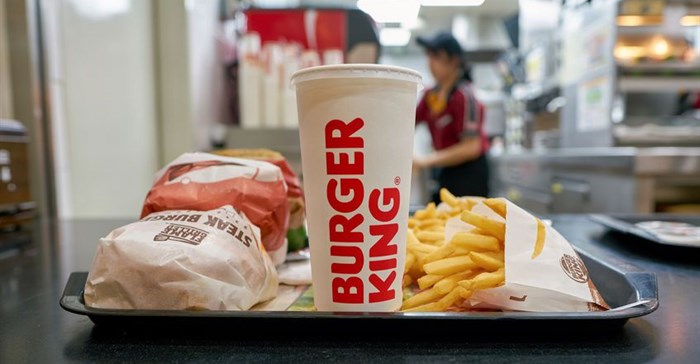The Commission found that the merger would lead to a significant reduction in the shareholding of historically disadvantaged persons in Burger King from more than 68% to 0%. Commenting on the news, Robert Wilson and Shawn van der Meulen, partners at law firm Webber Wentzel, pointed out that for the first time in 20 years, a merger may be prohibited on public interest grounds alone.
Soria Hay, head of corporate finance at investment bank Bravura, weighed in that it is "quite extraordinary" that the sale has been declined by the Competition Commission, especially when considering the impact on the black shareholders in Grand Parade Investments.
Ruling hurts black shareholders
The Competition Commission recommended that the proposed acquisition of Burger King South Africa and Grand Foods Meat Plant by private equity fund ECP Africa from Grand Parade Investments be prohibited due to the lack of diverse ownership.
Hay said that this decision was made in line with the 2018 Competition Act amendment (clause 12A(3)(e)) that specifically lists that one of the criteria the Commission must take into account as it adjudicates and considers mergers, just like employment and other matters which weigh on its considerations, is “the promotion of a greater spread of ownership in particular to increase the levels of ownership by historically disadvantaged persons and workers in firms in the market”.
Hay commented, “GPI was founded in 1997 with 10,000 previously disadvantaged community members from Cape Town, the Cape Flats, etc., and therefore has a 68% broad-based black shareholding. The impact of this decision is that the black shareholders are not able to sell Burger King to the highest bidder and at the best price.
"And even if ECP decides to include a black ownership component to the transaction, they would probably expect GPI to discount the sale price on the transaction, because BEE ownership transactions have significant costs attached to them.”
Investment versus BEE
Hay says that it appears as if two different government policies are possibly working against each other. One of the main objectives for President Ramaphosa is to increase the flow of foreign direct investments (FDI) to South Africa. He announced in 2018 that South Africa was aiming to attract direct investments of $100bn over the five-year period to 2023, which, using 2018 exchange rates, translated to investments of R1.2tn.
According to a recent report by the United Nations Conference on Trade and Development, FDI into South Africa reduced by about 42% in 2020, in line with international trends. The acquisition of Burger Kings by ECP would have been a significant inflow of capital into the country.
However, under the current ANC government of President Ramaphosa, it also remains one of the priorities to ensure more inclusion for previously disadvantaged individuals and workers in the economy.
Hay said that this case raises questions about whether competition law is the right tool to advance the country's transformation agenda. In this merger, the parties did propose conditions such as investing R500m in establishing new Burger King stores in South Africa and increasing the number of permanent employees employed by it in South Africa by no fewer than 1,250 previously disadvantaged individuals.
The Competition Commissioner, Tembinkosi Bonakele, has said that the Commission had no choice but to block the takeover and that it is merely enforcing the provisions of the Competition Act. Hay commented, “The hard stance that the Competition Commission is taking here has come as a surprise to all the practitioners in the market, and it was quite unexpected.”
The Southern African Venture Capital and Private Equity Association (Savca) also recently noted its concern about the Burger King ruling given the impact of this precedent and the risks associated with SA’s ability to continue attracting foreign capital and its impact on the local private equity industry in the country.
Savca said the decision may have the unintended consequence of raising concerns for both the international and local investment community, potentially setting a precedent for restrictions on investment activity and thus deterring much needed investment capital. "This compounds an existing perceived risk around policy certainty, value realisation, liquidity and exit when considering investment on the continent," Savca said.
Robert Wilson and Shawn van der Meulen 4 Jun 2021 Hay concluded, “It is quite ironic that a broad-based BEE grouping is now negatively impacted by a provision which intended to benefit broad-based previously disadvantaged participants. This does not seem to be a great outcome, definitely not for GPI or its black shareholders.
"Since this transaction is a large merger, the Competition Tribunal would make the final decision on whether the transaction can indeed go ahead, so we will continue to follow the case with interest.”














































